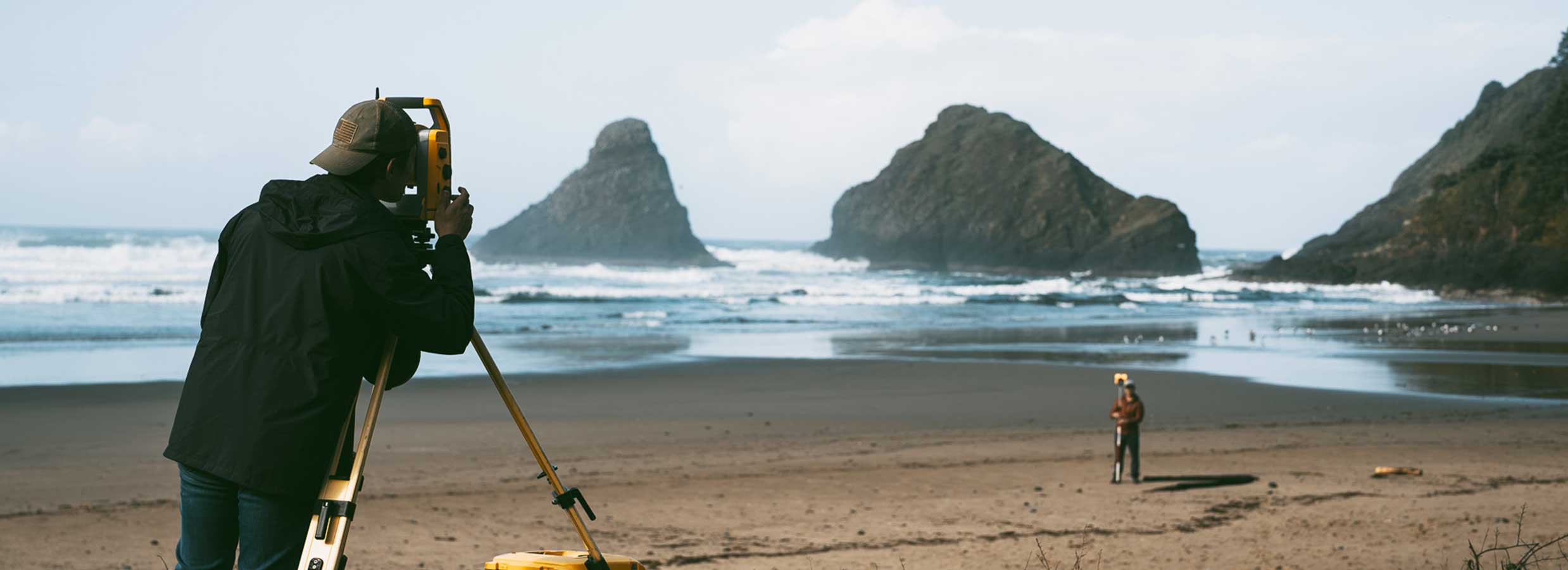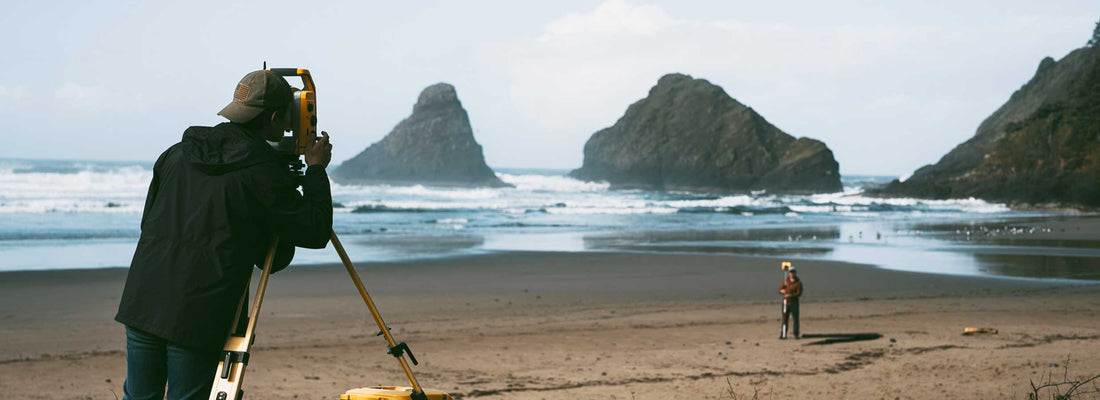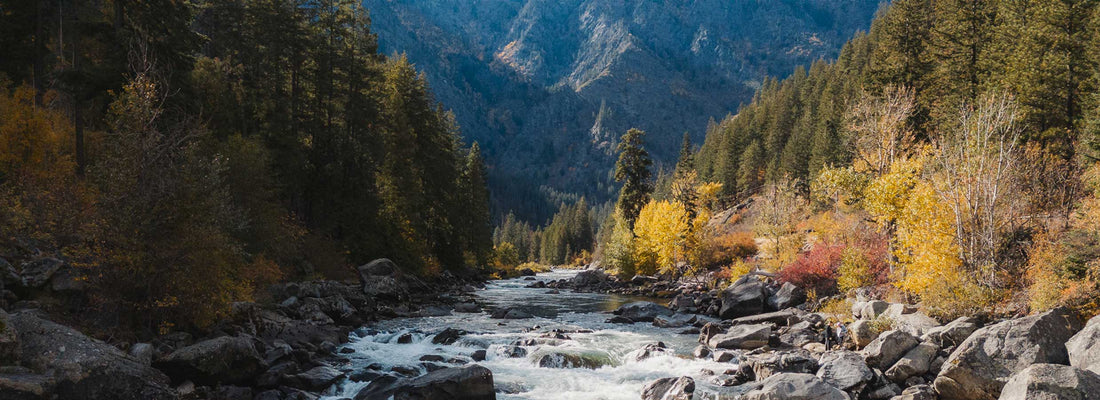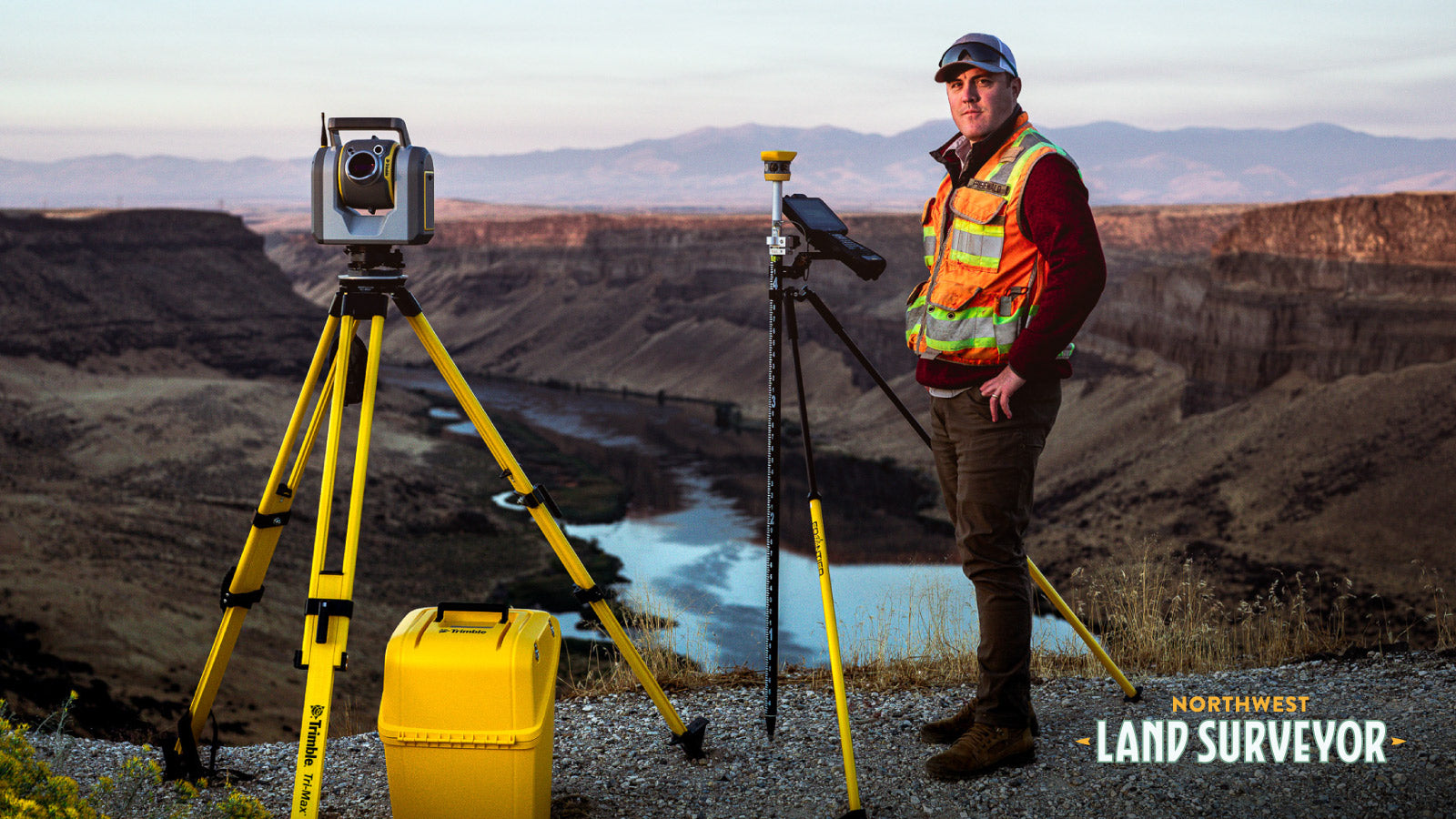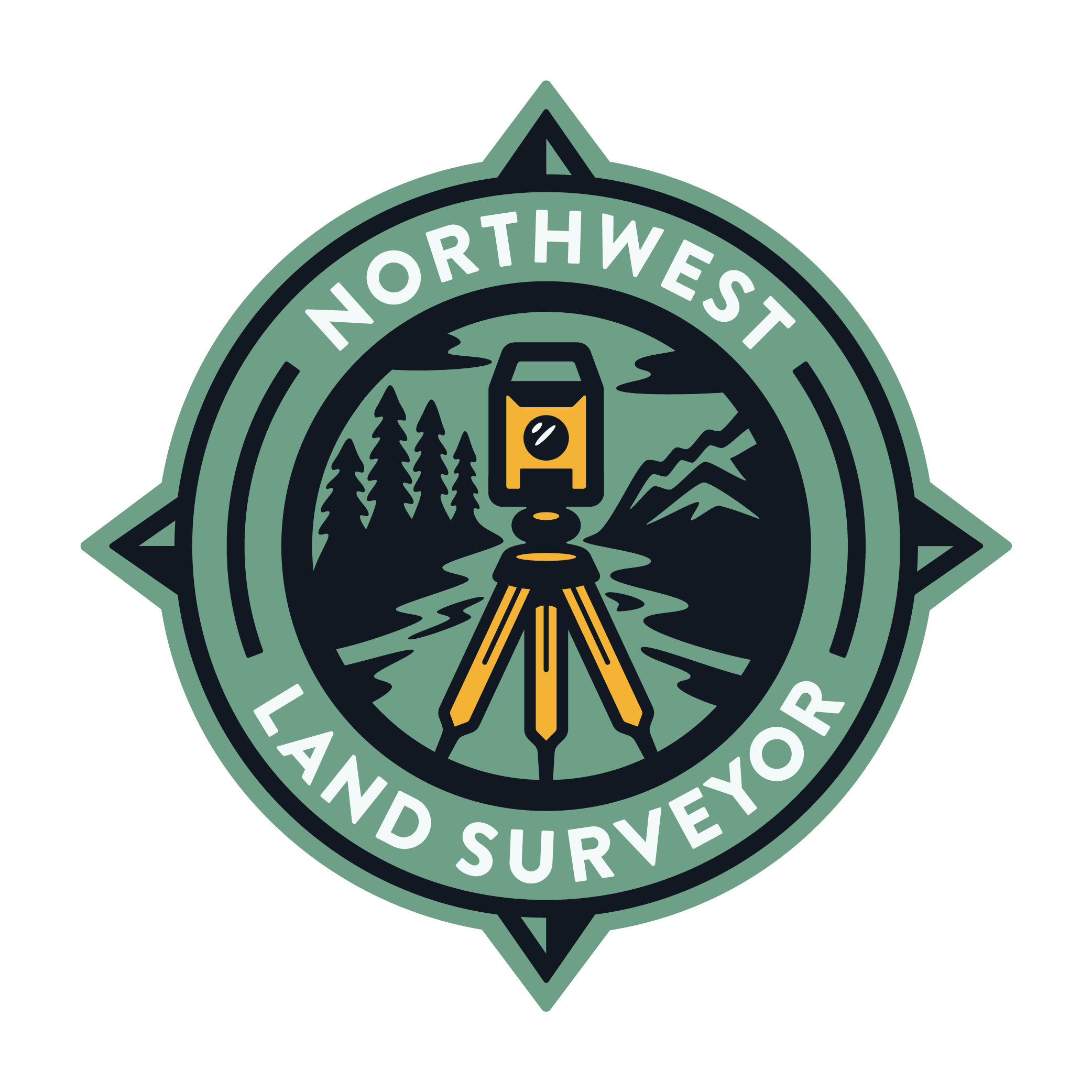Do All Land Surveyors Work Outdoors?
One of the biggest questions people have about land surveying is whether it’s a fully outdoor job or if there are opportunities to work indoors. The answer? It depends on the role you choose!
Land surveying offers a blend of fieldwork and office work, making it a great career for people who enjoy both hands-on tasks and analytical problem-solving. Some surveyors spend most of their time outdoors, while others work primarily in an office setting, using technology to process and analyze data.
Do Land Surveyors Have to Work in the Field?
Not always! While many surveyors start their careers working in the field, there are several paths that allow you to transition into office-based roles over time.
Surveying Roles That Require Fieldwork
- Marking property boundaries using GPS, drones, and total stations
- Collecting elevation data for construction projects
- Locating historical boundary markers and legal land divisions
- Working with engineers and contractors on-site to ensure accurate measurements
- Operating specialized equipment to measure distances, angles, and terrain changes
Office-Based Surveying Roles
- Drafting and mapping using CAD and GIS software
- Reviewing legal documents and historical records for property disputes
- Managing survey projects and analyzing collected data
- Consulting with engineers, real estate developers, and government agencies
- Supervising teams of field technicians while overseeing projects remotely
Can I Work in Both the Field and the Office?
Yes! Many land surveyors split their time between the field and the office, giving them a balance of hands-on work and data analysis. Hybrid roles allow surveyors to:
- Spend time in the field collecting measurements, then return to the office to process and interpret data
- Lead surveying teams on-site, while also handling project planning and reporting
- Work in government, real estate, or construction firms, alternating between office tasks and site visits
How Can I Become a Land Surveyor Without Working in the Field?
If you’re more interested in the technical and analytical side of surveying, you can focus on:
- Geospatial Analysis – Using satellite data, GIS mapping, and aerial imaging
- Cartography & Mapping – Creating detailed maps from survey data
- Project Management – Overseeing surveying projects from an office setting
- Legal & Boundary Research – Assisting with land disputes and historical records
Is Land Surveying the Right Career for You?
Whether you prefer working outdoors, inside an office, or a mix of both, land surveying offers career paths that suit different personalities and skill sets.
- If you love working outdoors, consider starting as a field surveyor.
- If you prefer technology and analysis, explore GIS mapping, CAD drafting, or research roles.
- If you want variety, choose a hybrid career that combines fieldwork and office work.
Explore More About Land Surveying
For more details on whether surveying is a good fit for you, check out:
Ready to take the next step? Learn how to start your surveying career here.


